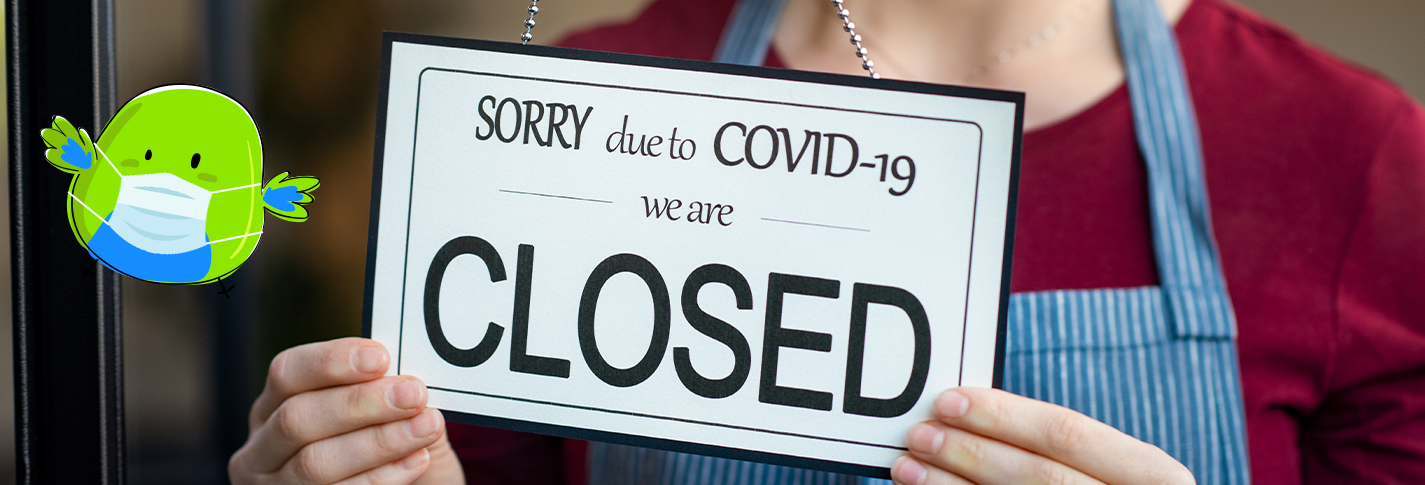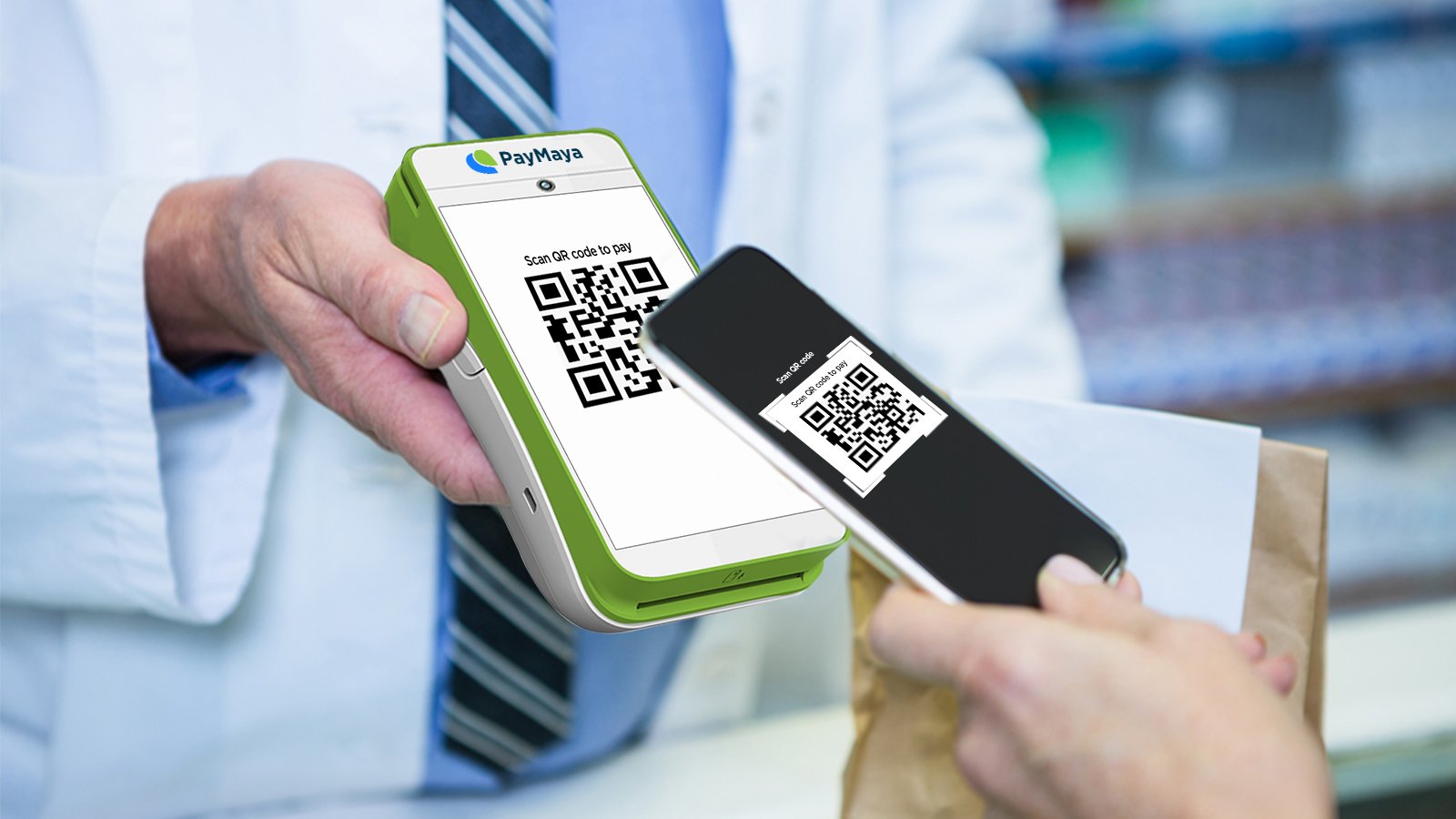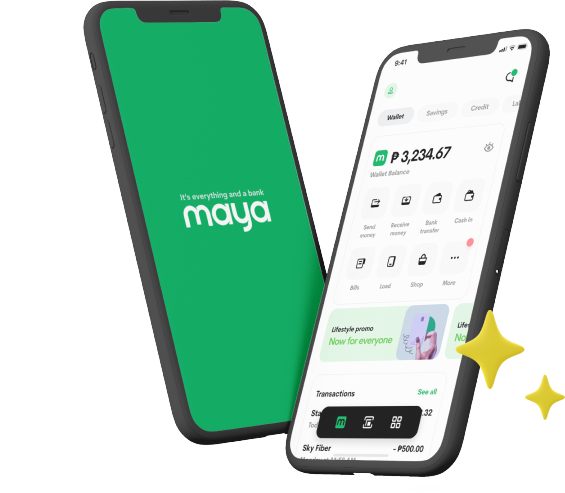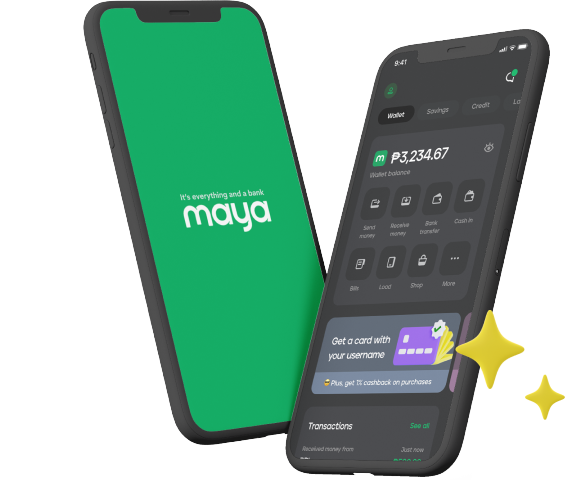
If there was one thing 2020 has taught us, it’s that financial difficulties can come at any time. While the suggestions we have below won’t guarantee that you will weather the next economic meltdown, following them will almost certainly increase your chances of surviving and continuing to thrive.
Here are 10 ways you should be preparing for the next financial crisis.
1.) Keep Track of Your Money
The first order of business should be to take note of your income and to find out where it’s all going. You can use the Maya app to track many of your day-to-day transactions for a more accurate picture of your financial situation.
2.) Learn How to Anticipate Economic Trends
While it’s certainly not the easiest thing to do on this list, learning more about how the economy works and how previous recessions happened can give you valuable insight into preparing for a future crisis.
Because so much information about economics is either debatable or outright dubious, it’s important to stick with reputable sources. This will help you make smarter, reality-based decisions about your finances later.
3.) Concentrate on Building an Emergency Fund
Setting aside the tendency of financial experts to overcomplicate things, the main thing to understand about a financial crisis is that a lot of people and businesses will be short on hard cash. This means setting up an emergency fund should be a priority.
Experts differ on how much this fund should be, with some saying it should be 3 to 6 months equivalent to your current income while others say it should be a year’s worth. Regardless, the important thing is you have enough reserves so that you can easily transition to a better financial position and new sources of income.
4.) Diversify Your Income
While having savings is crucial, having a steady stream of income can be even more important. Given that inflation tends to overtake the value of your savings, it’s important to invest some of your money in things that generate more income for you. This ensures that even if you lose your job, you still have a means of earning money.
While the concept is simple, the specifics can be complex. However, it’s worthwhile if you want to be resilient through any financial crisis. Take online courses on investment and business to help you earn more without actively doing anything.
5.) Learn New Skills
With new technologies and developments on the job market constantly coming up, you’ll never know when your current skill set will become outdated or outright unsaleable. This means it’s important to keep up-to-date with developments in your field and to have a fallback career that you could transition to, should the worst come to pass. If you learn the right set of skills, it may very well make your position virtually recession-proof.
6.) Take Steps to Increase Your Credit Rating
You have to expect the worst in a financial crisis. This means that you may have to resort to borrowing money to keep food on the table. In this situation, people with poor credit ratings are going to find it harder to find loans. By paying your loans on time, you can present yourself as less of a risk to future creditors, and you’ll have an easier time finding sources of cash during an economic downturn.
7.) Make It a Habit to Stockpile Essentials
As with your emergency fund, you want to make sure that you are not severely affected by any critical supply shortage in case of a financial crisis. If you have the means, stock at least a couple of months’ worth of critical non-perishable items such as dried foods, toilet paper, prescription medicines, coffee, and others. Chances are, you won’t need to stock for a period much longer than this, as supplies will likely begin to normalize for essentials.
8.) Consider Starting a Vegetable Garden
You’d be surprised at just how much food you can grow right in your own backyard. Having a vegetable garden isn’t just a great way to have a food supply during hard times, it can encourage you to eat healthier as well, which will ultimately reduce your need to see a doctor. It’s worth knowing that even condo dwellers have options for growing veggies as well.
9.) Sell Everything You Don’t Need
Most of us have clothes, appliances, gadgets, and knick-knacks that we can probably do without. If they still have some value to other people, consider selling them. This will not only declutter your home, but you’ll also have more cash to add to your savings account. Plus, it’s less stuff to worry about should you decide to move because of a financial crisis. With the help of cashless payment solutions like Maya, you can even make it easier for customers to pay for your goods. Using Maya, they can quickly send money to your own Maya account or even directly to your bank account.
10.) Think of Ways to Reduce Your Monthly Expenses
Every single peso you earn counts. Think of ways you can reduce your monthly expenses by identifying what you could do without. Consider ways to bring down the cost of your monthly utilities, groceries, insurance premiums, and transportation. Chances are, you will find cheaper alternatives that will not significantly impact your way of life. This means more money for investments and savings and less risk of getting into dire straits during an economic catastrophe.
An economic downturn might affect everyone. But it’s ultimately up to you to survive it. By preparing well before the bad times happen, you can raise the chances that you will not just survive the crisis but thrive in it as well.
You might also like
These Stories on Financial Literacy




